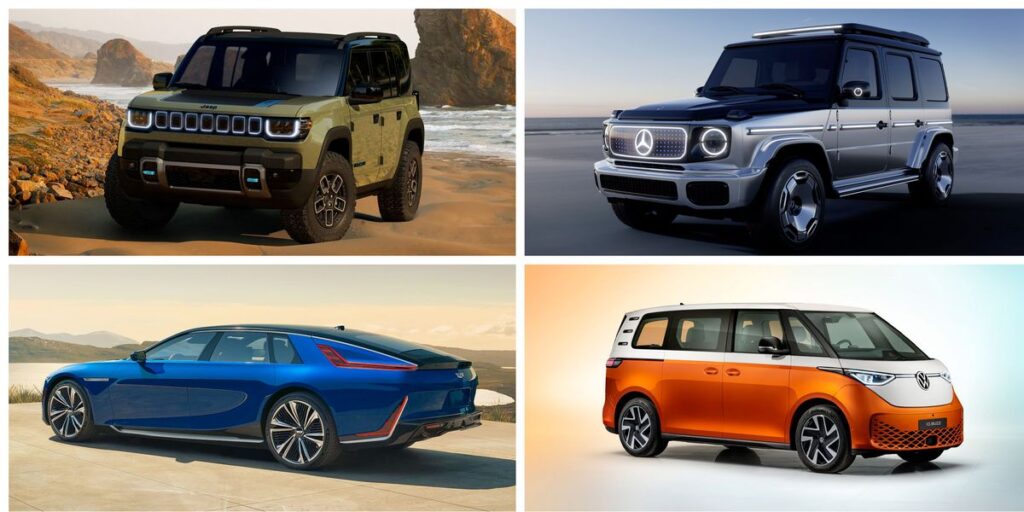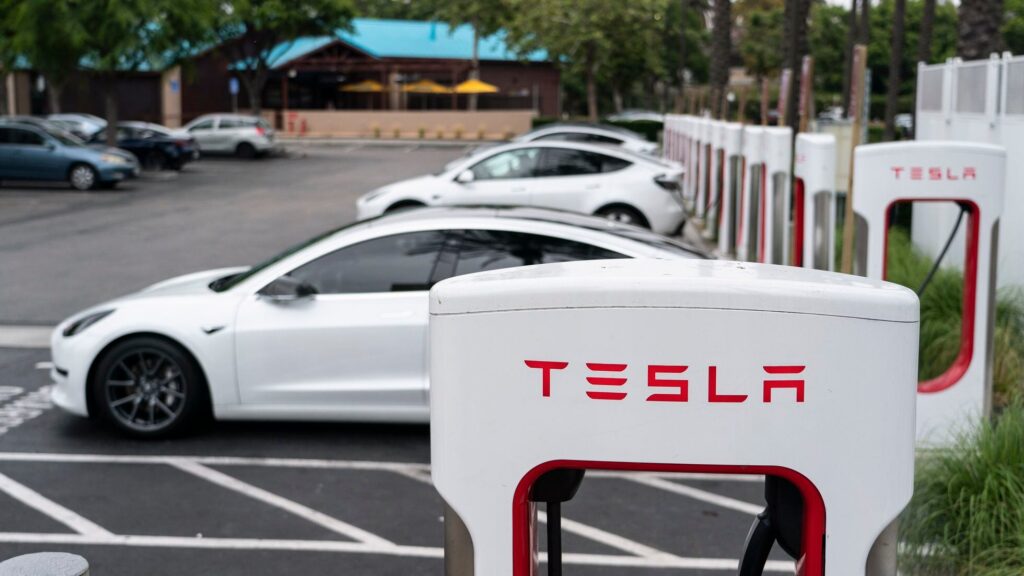The automotive industry is undergoing a significant transformation as electric vehicles (EVs) become increasingly popular. With concerns about climate change and environmental sustainability on the rise, consumers and governments alike are embracing electric vehicles as a cleaner alternative to traditional internal combustion engine vehicles. In this article, we’ll explore the latest news and developments in the electric vehicle market, with a focus on industry leaders like Tesla, Rivian, and other innovative companies shaping the future of transportation.
Tesla: Leading the Charge in Electric Mobility
When it comes to electric vehicles, Tesla is undeniably the trailblazer. Founded by Elon Musk in 2003, Tesla has revolutionized the automotive industry with its lineup of electric cars, including the Model S, Model 3, Model X, and Model Y. Tesla’s vehicles are known for their long-range capabilities, cutting-edge technology, and sleek design, making them a favorite among EV enthusiasts.

In recent news, Tesla has been making headlines with its ambitious plans for expansion and innovation. The company is ramping up production at its Gigafactories around the world, including facilities in Nevada, Shanghai, and Berlin. These Gigafactories are crucial for increasing production capacity and meeting growing demand for Tesla vehicles.
Tesla is also making significant strides in battery technology, aiming to reduce costs and improve performance. The company’s new 4680 battery cells, unveiled at Tesla’s Battery Day event in 2020, promise higher energy density and lower production costs, paving the way for more affordable electric vehicles with longer ranges.
Additionally, Tesla is investing heavily in autonomous driving technology, with the goal of achieving full self-driving capability. The company’s Autopilot system continues to improve with each software update, bringing Tesla closer to realizing its vision of a future where cars can drive themselves safely and efficiently.
Rivian: Pioneering Electric Adventure Vehicles
While Tesla dominates the market for electric sedans and SUVs, Rivian is carving out a niche in the electric adventure vehicle segment. Founded in 2009 by RJ Scaringe, Rivian aims to combine the performance and off-road capability of traditional trucks and SUVs with the environmental benefits of electric propulsion.
Rivian’s flagship vehicles, the R1T electric pickup truck and the R1S electric SUV, have garnered widespread acclaim for their rugged design, impressive range, and innovative features. Both models boast four-motor all-wheel drive systems, allowing them to tackle challenging terrain with ease.
In recent news, Rivian has been making waves with its successful IPO and plans for future expansion. The company raised billions of dollars in funding from investors, positioning it as a formidable competitor in the electric vehicle market. Rivian is now focused on ramping up production and delivering its vehicles to customers, with production facilities in Illinois and a new factory under construction in Georgia.
Other Players in the Electric Vehicle Market
In addition to Tesla and Rivian, numerous other companies are making significant contributions to the electric vehicle market. Legacy automakers like Ford, General Motors, and Volkswagen are ramping up their electric vehicle offerings, with plans to electrify their entire vehicle lineups in the coming years.

Startups like Lucid Motors, NIO, and Polestar are also making waves with their luxury electric vehicles, challenging traditional automakers with cutting-edge technology and innovative design. These companies are pushing the boundaries of what’s possible with electric propulsion, offering consumers a diverse range of options to choose from.
The Future of Electric Mobility
The future of electric vehicles is bright, with continued advancements in technology, expanding infrastructure, and shifting consumer preferences driving growth in the market. As battery costs continue to decline and charging infrastructure expands, electric vehicles are becoming increasingly accessible to a wider range of consumers.
In the coming years, we can expect to see a proliferation of electric vehicles across all segments of the automotive market, from compact city cars to heavy-duty trucks. Governments around the world are implementing policies to incentivize electric vehicle adoption, including subsidies, tax incentives, and mandates for zero-emission vehicles.
With companies like Tesla, Rivian, and others leading the charge, the transition to electric mobility is well underway. As electric vehicles become more mainstream, they will play a crucial role in reducing greenhouse gas emissions, improving air quality, and creating a more sustainable future for generations to come.

